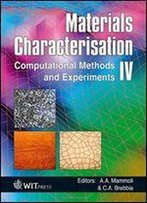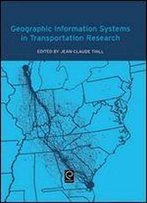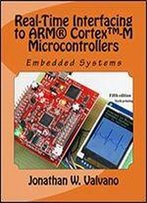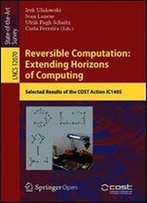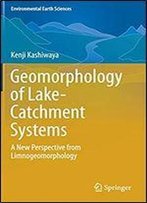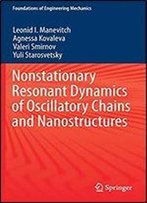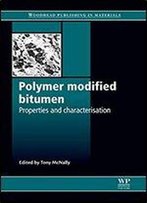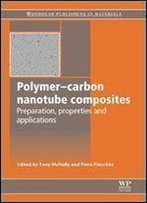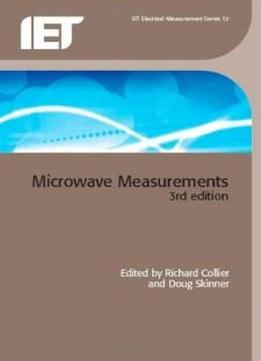
Microwave Measurements, 3rd Edition (iet Electrical Measurement Series)
by R. Collier /
2007 / English / PDF
3.7 MB Download
The IET has organised training courses on microwave measurements since 1983, at which experts have lectured on modern developments. Their lecture notes were first published in book form in 1985 and then again in 1989, and they have proved popular for many years with a readership beyond those who attended the courses. The purpose of this third edition of the lecture notes is to bring the latest techniques in microwave measurements to this wider audience. The book begins with a survey of the theory of current microwave circuits and continues with a description of the techniques for the measurement of power, spectrum, attenuation, circuit parameters, and noise. Various other areas like measurements of antenna characteristics, free fields, modulation and dielectric parameters are also included. The emphasis throughout is on good measurement practice. All the essential theory is given and a previous knowledge of the subject is not assumed.
The IET has organised training courses on microwave measurements since 1983, at which experts have lectured on modern developments. Their lecture notes were first published in book form in 1985 and then again in 1989, and they have proved popular for many years with a readership beyond those who attended the courses. The purpose of this third edition of the lecture notes is to bring the latest techniques in microwave measurements to this wider audience. The book begins with a survey of the theory of current microwave circuits and continues with a description of the techniques for the measurement of power, spectrum, attenuation, circuit parameters, and noise. Various other areas like measurements of antenna characteristics, free fields, modulation and dielectric parameters are also included. The emphasis throughout is on good measurement practice. All the essential theory is given and a previous knowledge of the subject is not assumed.
